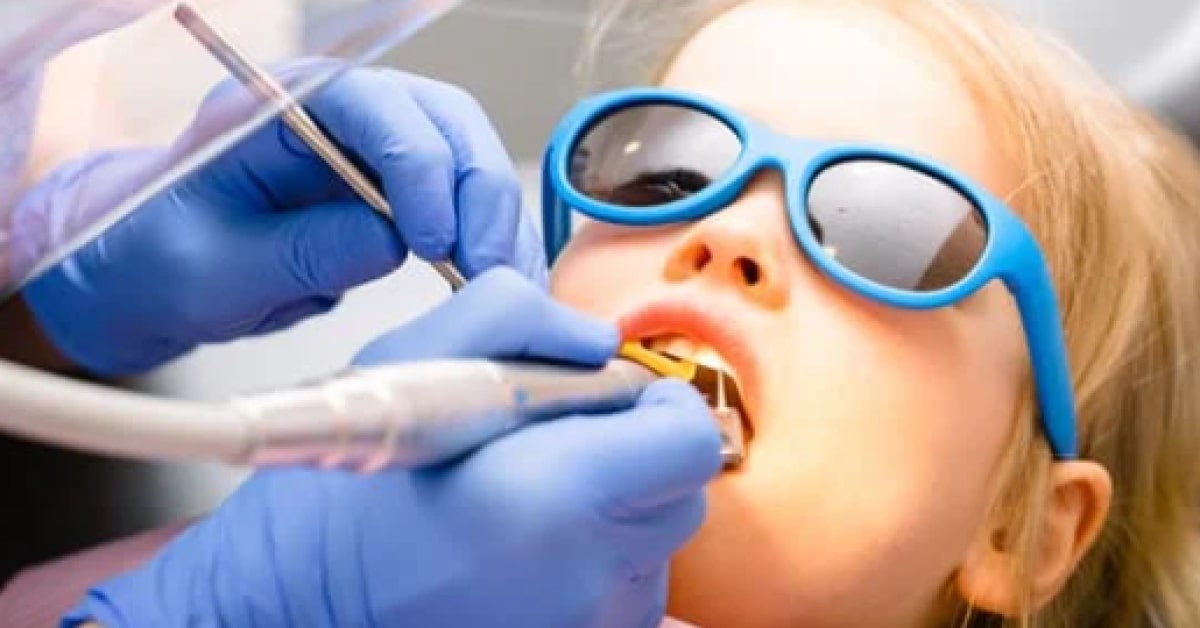Blog
July 06, 2023 • 10 mins readUnderstanding the Role Sinuses Play in Dental Pain
Are you experiencing dental pain? Learn how sinuses can play a role in dental pain and what you can do to find relief and to understand the role sinuses play in dental pain.
Author
Danielle Duncan

In this Article
Dental pain can be excruciating, and can be hard to pinpoint unless you’re a dental professional since it can be caused by various factors. One of the often-overlooked factors is the role that sinuses play in dental pain. Sinuses are located in the bones of the face and skull and are air-filled cavities that can cause a lot of commotion when pressure begins to build. They are lined with a mucous membrane that produces mucus, which helps to moisten the nose and throat and protect against infections.
These sinuses are connected to the nasal passages by small openings called ostia. When the sinuses become inflamed or infected, the ostia can become blocked, causing pressure to build up in the sinuses. This pressure can cause pain and discomfort in the teeth, gums, and lower jaw pain. Sinus infection pain is especially noticeable in the upper teeth.
The sinuses that are most commonly associated with dental pain are the maxillary sinuses, which are located in the cheekbones above the upper teeth. When the maxillary sinuses become inflamed or infected, they can cause pain and pressure in the upper teeth, often mimicking a toothache.
It is essential to understand the role that sinuses play in dental pain so that you can seek appropriate treatment for your symptoms. If you are experiencing dental pain, it is important to see a dentist for an evaluation. Your dentist will examine your teeth and gums and may take x-rays to determine the cause of your pain.
If your dentist determines that your dental pain is related to your sinuses, they may refer you to an ear, nose, and throat specialist (ENT) for further evaluation and treatment. The ENT may order imaging tests, such as a CT scan or MRI, to get a better look at your sinuses and determine the cause of your symptoms.
How to relieve sinus pain in teeth
Treatment for sinus-related dental pain may include antibiotics to treat an infection, decongestants to reduce inflammation and open up the ostia, and corticosteroids to reduce inflammation and swelling. In some, more extreme cases, surgery may be necessary to remove blockages or correct structural abnormalities such as a deviated septum.
In addition to seeking medical treatment for your sinus-related dental pain, there are also some things you can do at home to help alleviate your symptoms. These include:
Staying hydrated:
Drinking plenty of water helps to thin the mucus and reduce the pressure in the sinuses.
Using a humidifier:
Adding moisture to the air can help to keep the sinuses moist and prevent dryness.
Nasal irrigation:
This involves using a neti pot or nasal spray to flush out the sinuses and reduce inflammation.
Avoiding allergens:
Allergies can cause inflammation in the sinuses and lead to dental pain. It is important to avoid allergens such as dust, pollen, and pet dander.
Taking pain relievers:
Over-the-counter pain relievers such as ibuprofen or acetaminophen can help to reduce dental pain caused by sinus pressure.
Using a warm compress
Warm compresses can help to break up the congestion that is caused by sinus pressure.
It is important to note that dental pain can have many causes, and not all dental pain is related to sinuses. Other common causes of dental pain include tooth decay, gum disease, cracked or broken teeth, and abscesses. If you are experiencing dental pain, it is always best to seek professional dental advice to determine the cause of your symptoms and receive appropriate treatment.
Sinuses can play a significant role in dental pain, particularly in the upper teeth. If you are experiencing dental pain, or have a sinus infection. Pregnant women especially should take heed in having their sinus pressure or tooth pain evaluated to help prevent any potential complications. Remember, iit is essential to seek medical attention from a dental professional to determine the cause of your symptoms and receive appropriate treatment. Understanding the role that sinuses play in dental pain can help you to better manage your symptoms and improve your overall oral health.



